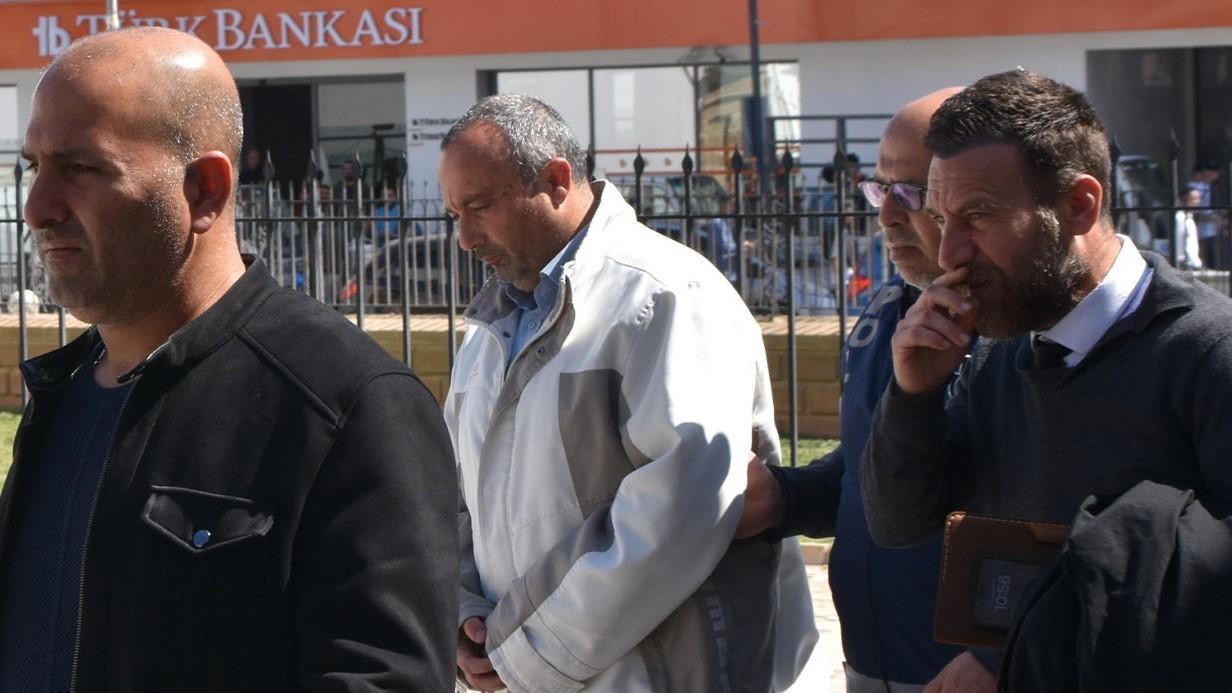Hoping to be proven wrong on Cyprus
Readers of this column know I am a skeptic when it comes to talk about “a settlement to the Cyprus problem.” Many friends on both sides of the island do not like this pessimism of mine, of course. My experience as a journalist over these past 30 years, however, is what has kept this bleak outlook alive. I have simply not seen the spirit of compromise that would enable me to think otherwise.
Officially speaking, the issue is resolved for one side. The island is divided and the question now is to find the “de jure format” to this “de facto” situation. For the other side, half of the island is occupied illegally and the problem will not be solved until the occupier is forced out.
Well that “de jure format” has eluded negotiators for 40 years. As for the “occupier,” it does not appear likely to be “forced out” anytime soon. Meanwhile, the “Cyprus problem” is not on the world’s radar because it is not the source of any real tensions in the eastern Mediterranean.
Tellingly, Cyprus only hit the headlines in recent times because of the dramatic meltdown of the Greek Cypriot economy. Tomes have been written about this crisis, with the “Cyprus problem” per se being mentioned in passing, as a sentence or a paragraph. This appears inevitable since the cost of the economic meltdown is far more relevant for average Europeans than anything to do with the Cyprus problem.
Reports from New York, where the U.N. General Assembly is in full swing, indicate that Greek Cypriot President Nicos Anastasiades has proposed that Greece meet with Turkish Cypriot negotiators in Athens in order to make it possible for Greek Cypriot negotiators to meet with Turkish officials in Ankara.
Official statements following talks Foreign Minister Ahmet Davutoğlu held with his Greek counterpart, Evangelos Venizelos, in New York is that Athens and Ankara have accepted this. Reports from northern Cyprus indicate that Turkish Cypriot President Derviş Eroğlu has also welcomed this proposal.
Eroğlu believes this could lead to the four-party talks involving the two guarantor powers Turkey and Greece, and the Turkish and Greek Cypriot administrations that the Turkish side has been pushing for. Although President Anastasiades’ proposal has broken some ice and presented the possibility of a new window for the Cyprus talks, it is still wise to retain a dose of caution.
Of course, the situation on the island has changed dramatically now with the economic crisis in southern Cyprus, which will take years to resolve, and which is obviously forcing new ways of thinking. For one thing, the EU position on this crisis came as a shock to Greek Cypriots who once believed their membership in the union would work to their advantage and Turkey’s disadvantage.
Meanwhile, there is a massive carrot dangling in front of the island with the discovery of vast amounts of gas off the coast of Cyprus. It is becoming clearer by the day, however, that for this to be taken advantage of in the most economically feasible way, Turkey and Turkish Cyprus will have to be involved somehow.
In addition to all this, ties between Turkey and Greece are developing apace, regardless of unsolved problems which poisoned relations in the past. The two countries have long since realized that there is more to gain from cooperation than disputation.
Looking at all this, it is easy to conclude that the necessary ingredients are finally there for a solution to the Cyprus problem. However, you can put the best ingredients in front of a cook, but if he or she does not have what it takes, this will not produce a good meal. This is why I will retain my right to remain skeptical when it comes to talk of a settlement to the Cyprus problem anytime soon.
I would nevertheless like to assure those who do not like this attitude of mine that I hope I am wrong. Who, after all, in their right mind would be pleased to be proven right once again in a case like this?











